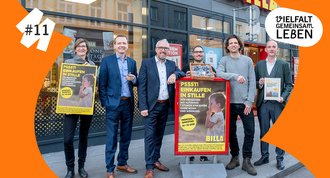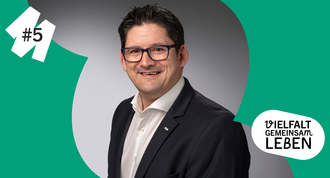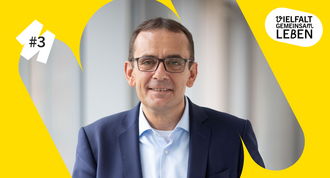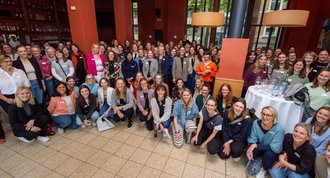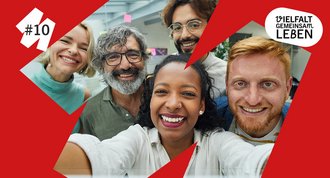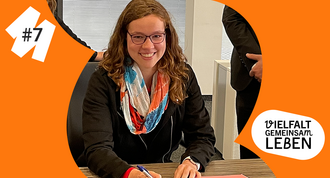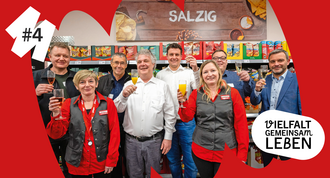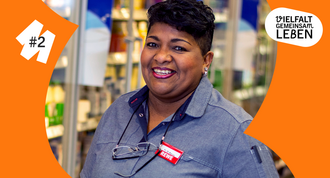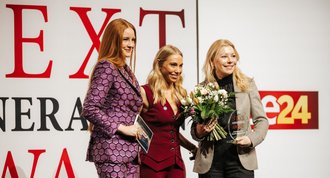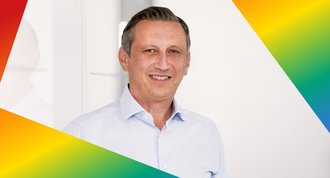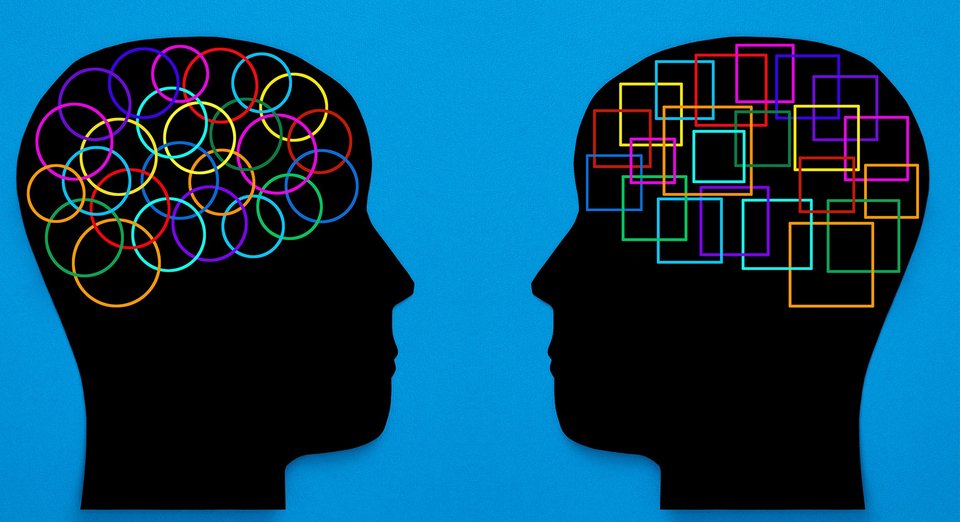
She had long wondered whether there was something "wrong" with her. She only received a diagnosis as an adult: since then, REWE digital employee Mira Teubner has been promoting knowledge and understanding of the inclusive topic of neurodivergence. In this interview, she explains what she loves about this concept and why it is valuable for work teams.
one: Mira, how did you come to offer a lecture on this topic? 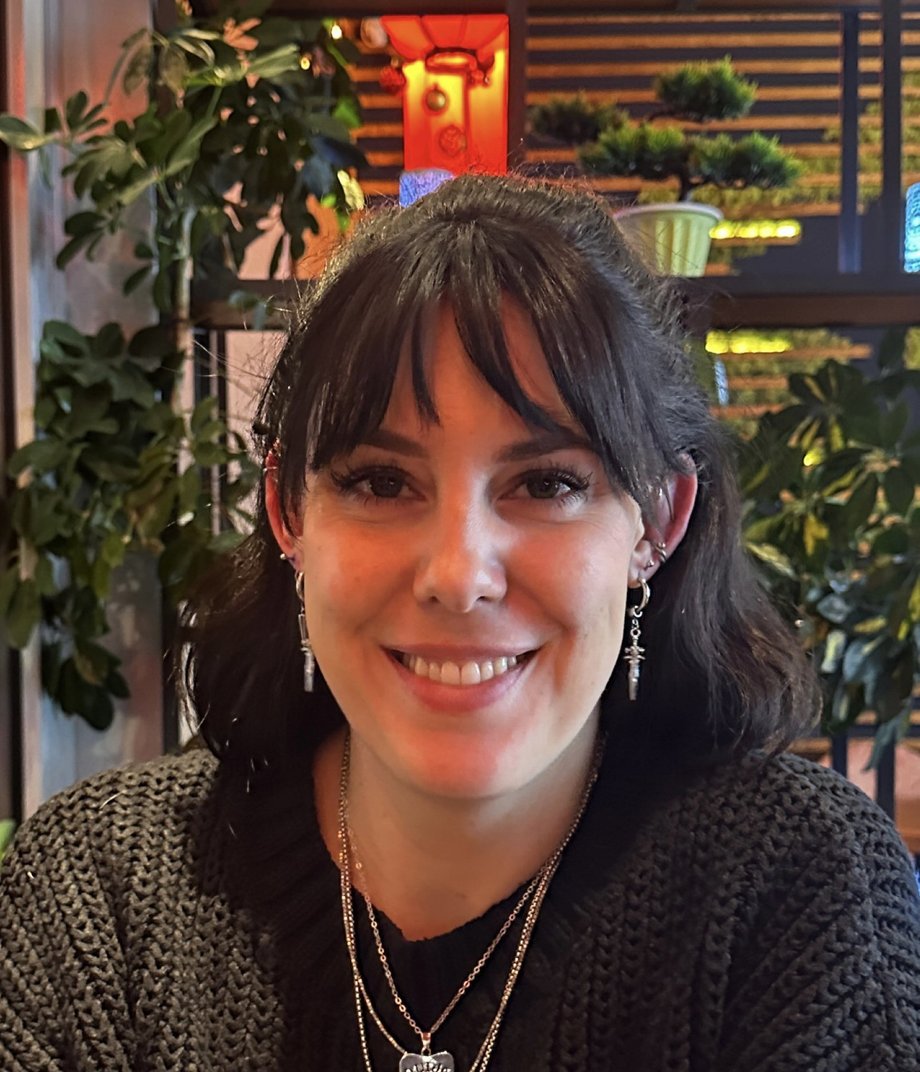 Mira Teubner
Mira Teubner: I was only diagnosed with AuDHS (autism and ADHD) at the age of 34 - after decades of searching for answers and various misdiagnoses. Until then, I had always wondered what was "wrong" with me, wanted to fit in and paid a high health price. Being part of the neurodivergence spectrum gave me a whole new outlook: I was finally able to develop tactics that suited me and realise my potential.
Mira Teubner
Mira Teubner: I was only diagnosed with AuDHS (autism and ADHD) at the age of 34 - after decades of searching for answers and various misdiagnoses. Until then, I had always wondered what was "wrong" with me, wanted to fit in and paid a high health price. Being part of the neurodivergence spectrum gave me a whole new outlook: I was finally able to develop tactics that suited me and realise my potential.
Today, I want to share information about neurodivergence, as there is an enormous number of people affected who are still unable to categorise themselves. I would like to offer tips and increase understanding in the working environment.
one: What is behind the term "neurodivergence"?
Mira Teubner: Neurodivergence or neurodiversity is a concept that recognises and appreciates the diversity of all human brains and ways of thinking. It assumes that neurological differences - such as in autism, ADHD, dyslexia or Tourette's syndrome - are natural and valuable forms of human diversity. Rather than disorders that need to be addressed, the neurodiversity movement views these differences as normal variations of the human brain.
one: How can the concept be useful for teams and employers?
Mira Teubner: Neurodivergent people often have unique abilities - for example, great attention to detail, pronounced creativity or exceptional memory skills. There is great potential here for companies and teams: if a team develops a common way of working that caters to the needs of everyone, the result is inclusion rather than stigmatisation.this can lead to greater job satisfaction, which in turn improves work performance and creates close ties to the company. We have set up a regulars' table for neurodivergent employees, which can be a first point of contact. I am happy to be a point of contact for employees who are unsure whether they might be affected themselves and would like to talk about this topic.
Mira Teubner, 35 years old, has been working as an Agile Team Coach at REWE digital for two years.

